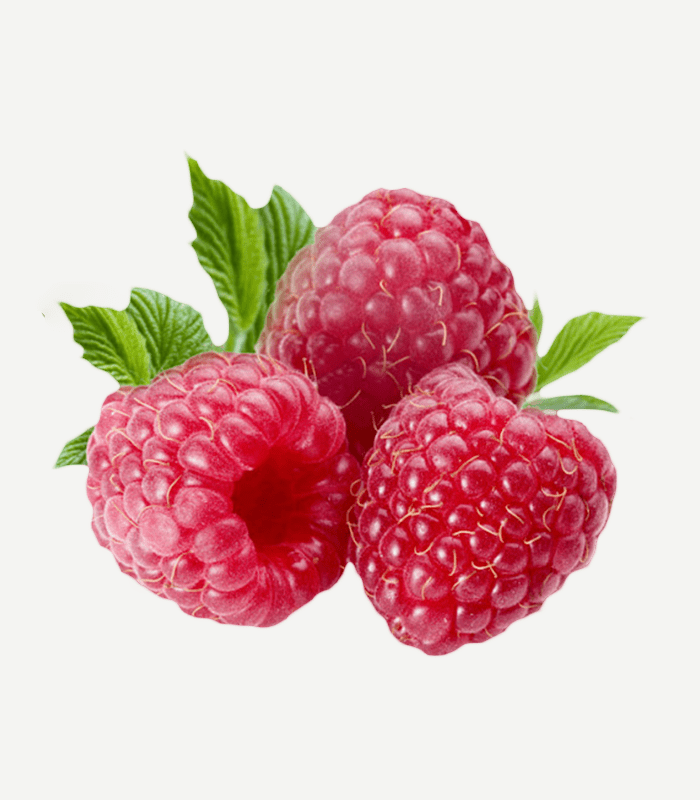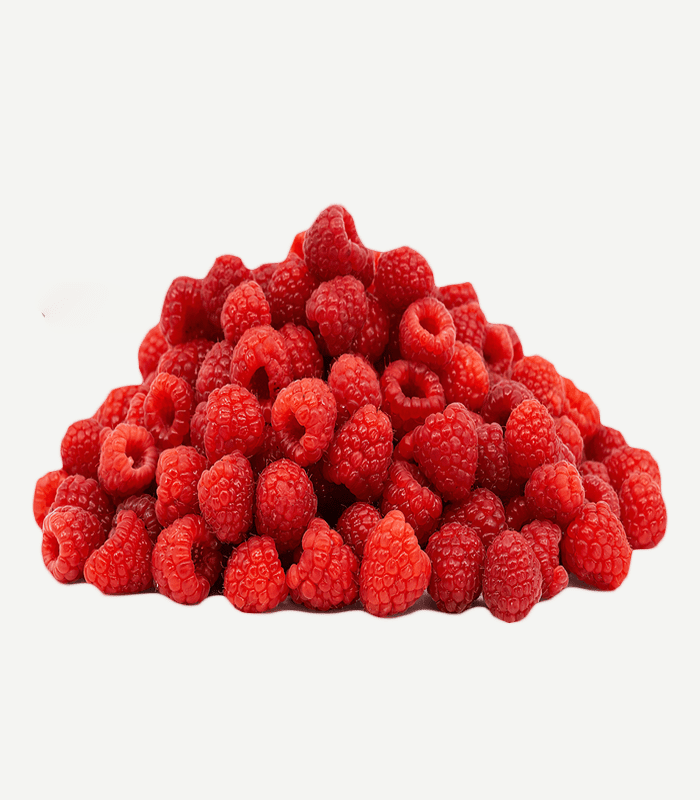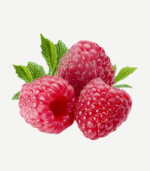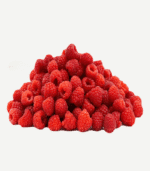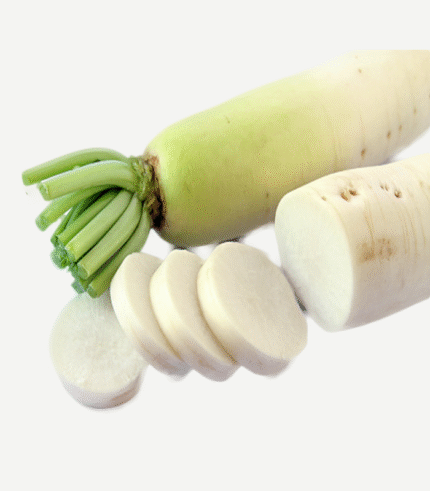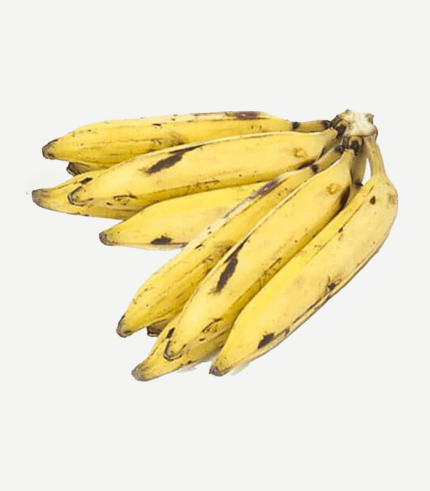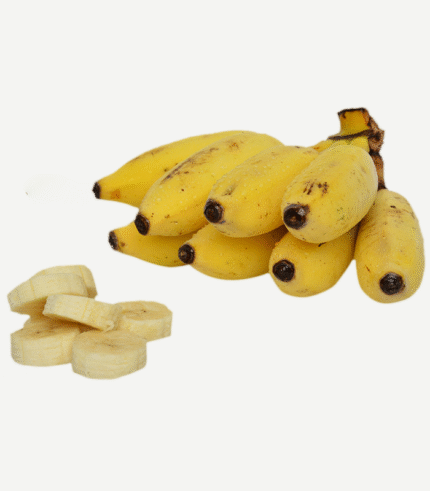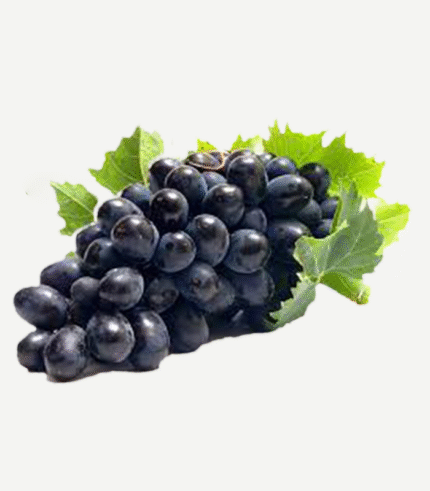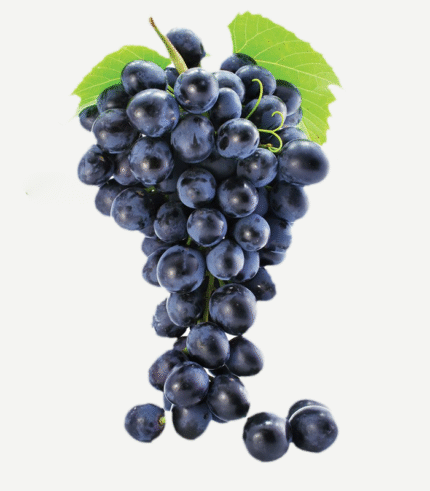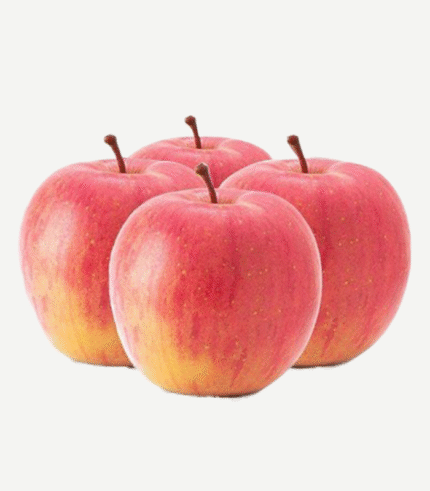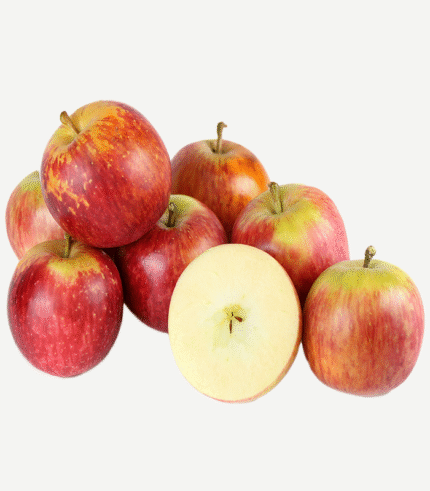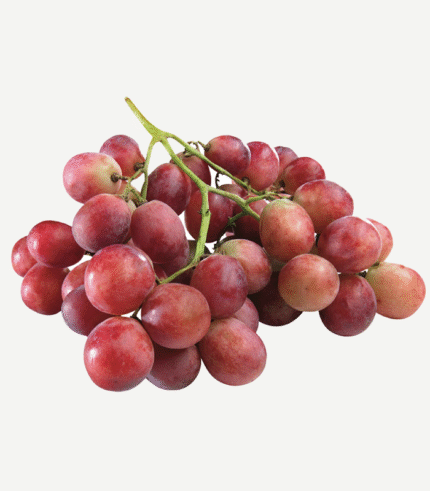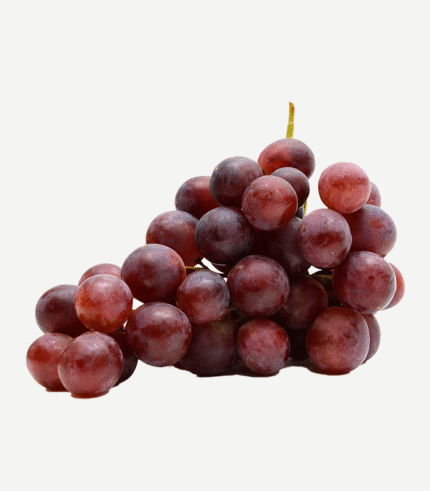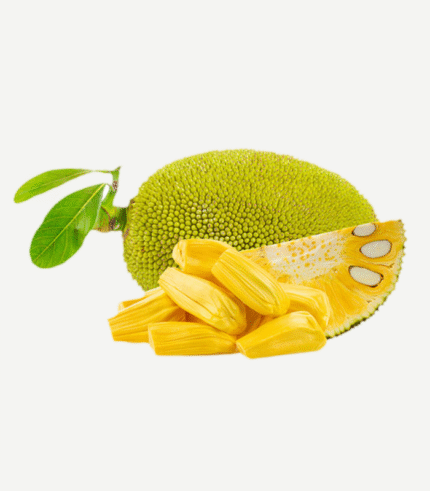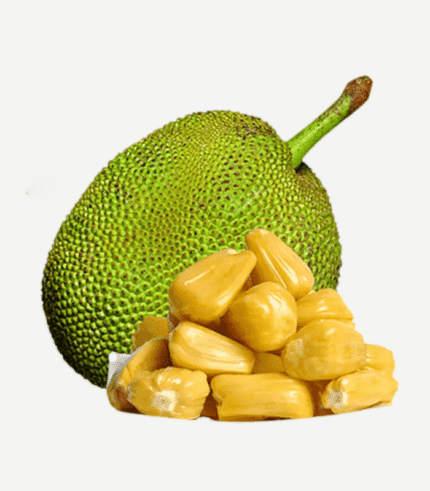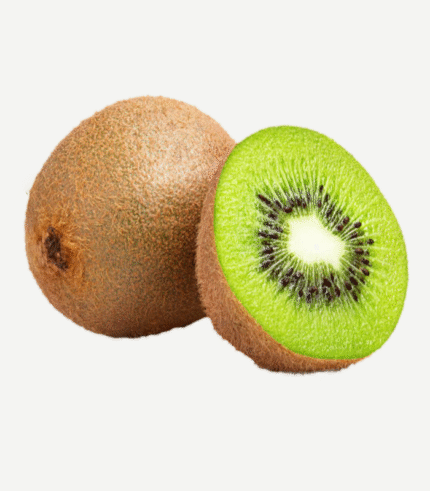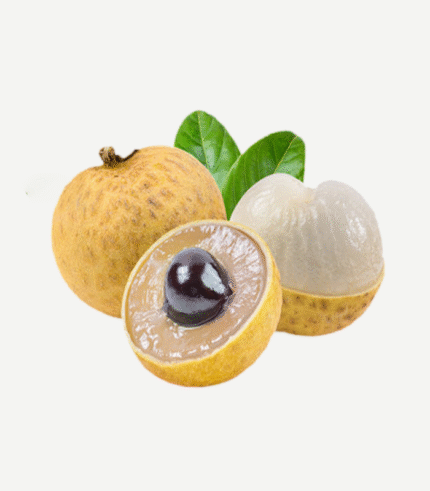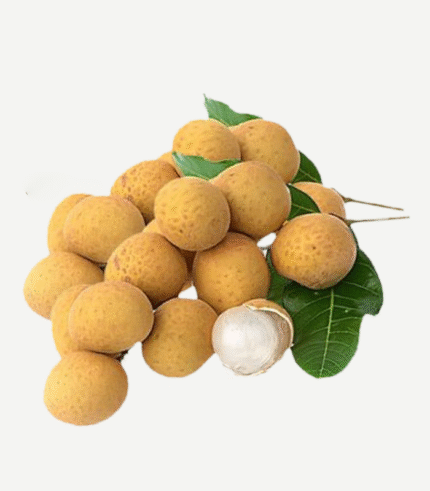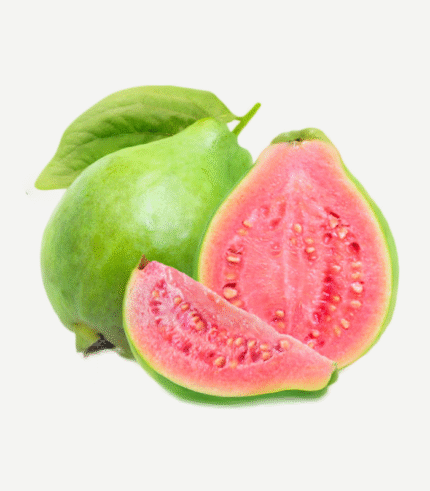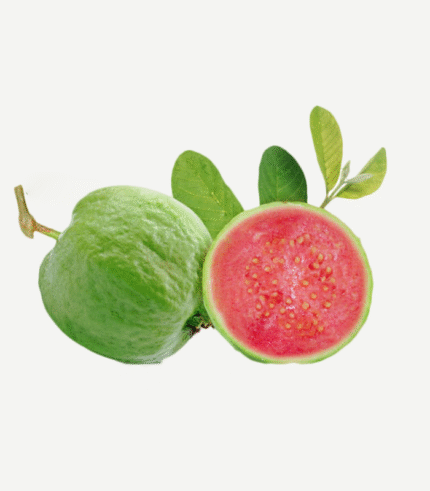Freshbinge offers premium-quality raspberries, handpicked for freshness and taste. Known for their rich red color and tangy-sweet flavor, these berries are perfect for smoothies, cakes, or healthy snacking. Wondering about raspberry price per 250g box? Get the best deal with fruit delivery near me and enjoy doorstep service. With Freshbinge, you can easily order Raspberry fruits online in Bangalore and relish seasonal berries without hassle. Freshness and quality are always guaranteed.
Additional Information:
- Origin: Imported from Europe & North America
- Harvest Season: Summer months (peak availability May–September)
- Color & Texture: Bright red, velvety, soft, and juicy
- Flavour Profile: Sweet-tart, aromatic, and refreshing
- Nutritional Benefit: Rich in Vitamin C, fiber, and antioxidants; supports immunity and heart health
- Storage Tips: Keep refrigerated and consume within 2–3 days for best taste
Additional Instructions:
- Rinse gently before eating or adding to recipes.
- Do not soak in water for long; it reduces freshness.
- Store in an airtight container lined with tissue to absorb moisture.
- Best enjoyed raw, in desserts, or blended into smoothies.

